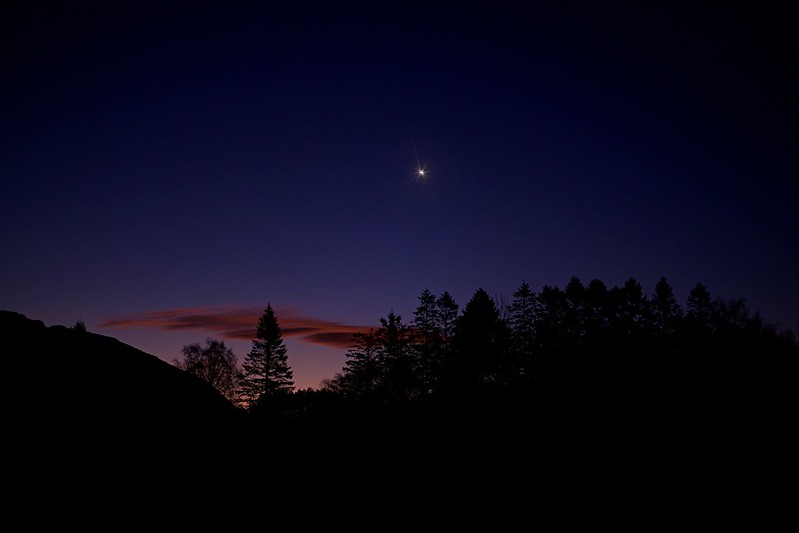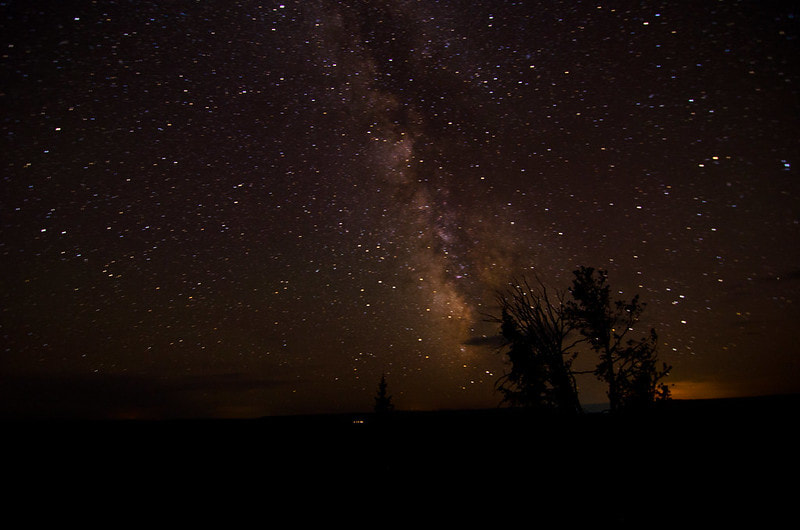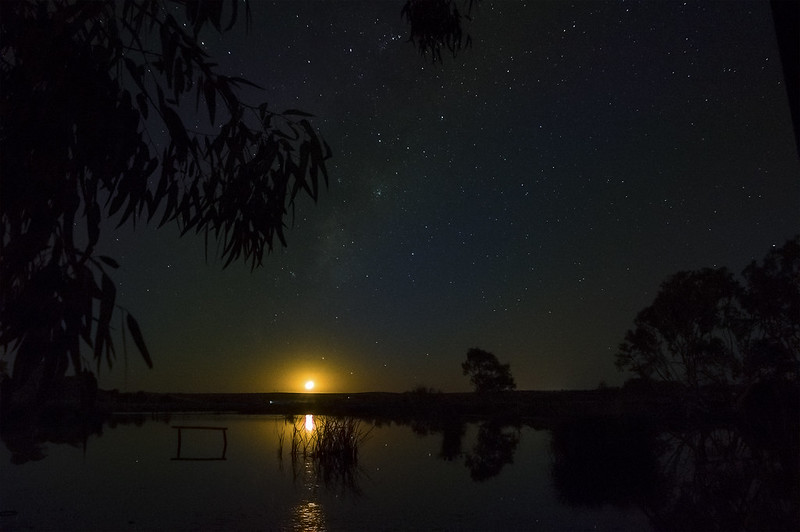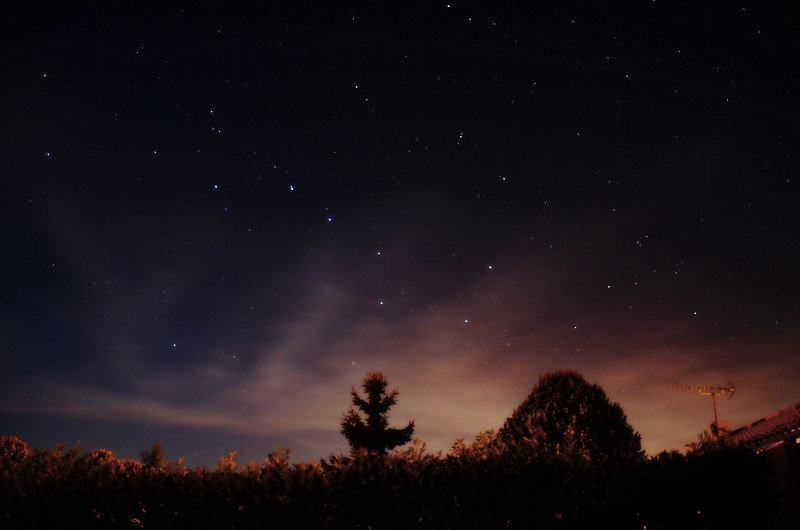The Hope of Advent
by Teri Daily
|
The Risk of Birth
by Madeleine L'Engle This is no time for a child to be born, With the earth betrayed by war & hate And a comet slashing the sky to warn That time runs out & the sun burns late. That was no time for a child to be born, In a land in the crushing grip of Rome; Honor & truth were trampled to scorn-- Yet here did the Savior make His home. When is the time for love to be born? The inn is full on the planet earth, And by a comet the sky is torn-- Yet Love still takes the risk of birth. The word that Isaiah son of Amoz saw concerning Judah and Jerusalem.
In days to come the mountain of the Lord’s house shall be established as the highest of the mountains, and shall be raised above the hills; all the nations shall stream to it. Many peoples shall come and say, ‘Come, let us go up to the mountain of the Lord, to the house of the God of Jacob; that he may teach us his ways and that we may walk in his paths.’ For out of Zion shall go forth instruction, and the word of the Lord from Jerusalem. He shall judge between the nations, and shall arbitrate for many peoples; they shall beat their swords into ploughshares, and their spears into pruning-hooks; nation shall not lift up sword against nation, neither shall they learn war any more. O house of Jacob, come, let us walk in the light of the Lord! Isaiah 2:1-5 (NRSV)* Jesus said to the disciples, “But about that day and hour no one knows, neither the angels of heaven, nor the Son, but only the Father. For as the days of Noah were, so will be the coming of the Son of Man. For as in those days before the flood they were eating and drinking, marrying and giving in marriage, until the day Noah entered the ark, and they knew nothing until the flood came and swept them all away, so too will be the coming of the Son of Man. Then two will be in the field; one will be taken and one will be left. Two women will be grinding meal together; one will be taken and one will be left. Keep awake therefore, for you do not know on what day your Lord is coming. But understand this: if the owner of the house had known in what part of the night the thief was coming, he would have stayed awake and would not have let his house be broken into. Therefore you also must be ready, for the Son of Man is coming at an unexpected hour.”
Matthew 24:36-44 (NRSV)* *The New Revised Standard Version, copyright 1989, 1995 by the Division of Christian Education of the National Council of the Churches of Christ in the United States of America. Used by permission. All rights reserved. |
Four hundred years ago a ship carrying enslaved Africans came ashore in Virginia, marking the beginning of slavery in British North America. The brutal reality of two and a half centuries of slavery is difficult to reconcile with American ideals of equality and freedom, so much so that we often look at that part of our history through half-opened eyes – not daring to face the truth straight on. Knowing this to be the case, the Washington Post recently asked several distinguished historians to write essays on aspects of slavery not well-taught (or, perhaps, not taught at all) in American classrooms.
One historian responded that most classrooms focus on one of two major slave rebellions, like the one led by Nat Turner in 1831. Such insurrections were rare events. What students need to know, according historian Hasan Kwame Jeffries, is that the daily lives of slaves were permeated with smaller acts of resistance and defiance. They often resisted by faking illness or breaking farm tools or sabotaging crops. Sometimes they learned skills that would make them indispensable – like blacksmithing or dressmaking – so that they would be less likely to be sold and separated from their families. Occasionally they burned homes or barns. These acts were forms of economic resistance, designed to hit their enslavers where it hurt – their wallets.[1] This active defiance on the part of slaves is, according to Dr. Jeffries, too often omitted from classroom lectures and stories. The result: students may well walk away thinking that slavery wasn’t all that bad for those enslaved, that they didn’t resist their lot in life, that maybe they were even complicit in it. None of which is true, of course. It's not surprising that our accounts of slavery tend to “sanitize” the historical reality; truth can be hard to face. But here’s the problem: hiding some of the darkness, struggle, and pain from our versions of past and current reality may make us more “optimistic” about the state of things in our world or about humankind in general, BUT it does not make us more truly hopeful people. There is a difference between optimism and hope. It’s been said that optimism is the conviction that, whatever the challenges or difficulties that lie in our way, the situation is not as grave or problematic as some might think. Hope is something entirely different. Hope doesn’t dismiss or downplay the evil, pain, and suffering in the world. We don’t become people of hope through some blind, cheery optimism. We don’t become people of hope by erasing any truth that might bring discomfort or grief or pain over the state of our world, as do deniers of the Holocaust or climate change. We don’t become people of hope by anesthetizing our anxiety with alcohol or TV or busyness. Instead, when God “afflicts us with hope” (as Catholic priest and president of Notre Dame University John Jenkins puts it), we become people who look at the world with “a steady, honest, unflinching gaze.”[2] We see the world just as it is and yet, because we trust in God’s goodness, we still believe good triumphs over evil. This is the hope that lies at the heart of Advent. A hope that doggedly persists despite pain and suffering and deep, deep grief. A hope based on a promise that Jesus will not leave us alone but, instead, comes to us over and over again. A hope that believes that the love of Jesus can somehow transform even the darkest night, though we may not know exactly how or when that will happen. It’s a hope that God’s people have held onto for a long time. The book of Isaiah begins with prophecies of judgment on the unfaithful Israelites, but even here Isaiah holds out hope. Our reading from Isaiah speaks of a time after God’s judgment when Zion will be as it was intended to be – a place of instruction and a beacon of peace. Peoples and nations will “beat their swords into ploughshares, and the spears into pruning hooks; nation shall not lift up sword against nation, neither shall they learn war anymore.” In the passage from the gospel of Matthew, this hope is expressed in terms of what came to be the Jewish understanding of the apocalypse or “the day of the Lord” – a time when God will make all things right, when God’s justice and love and mercy will stream down on all people. For Christians, this apocalypse became associated with the return of Jesus, a coming that many of the earliest Christians thought would be imminent. But then a whole generation of Christians passed away, and still there was no return of Christ. When we reach the time in which the gospel of Matthew was written, people have either given up hope that the Son of Man would return or, as seems to have been the case, they have become complacent. Matthew is writing to say, “Keep awake, stay vigilant, live as people of hope.” It’s best not to read popular theories about the rapture back into these words of Matthew; there’s no real evidence that the rapture (as we know it in modern books and movies) is what Matthew is talking about here. Underneath all of Matthew's exhortations to be vigilant in our expectation of Jesus' arrival lies a promise, not a threat; for Christians, the promise of Jesus’ return is meant to be reassuring and to bring hope, not fear. Still, how we as the Church wait for Jesus does matter. Our waiting is not meant to be passive. True hope changes us. When we truly believe in God’s goodness and in the triumph of good over evil, then we find ourselves willing to bring all of our knowledge, energy, and skills to bear in seeking solutions to the world’s problems – be they environmental, political, social, spiritual, or economic. When we become people of hope, we become people with the courage to act. In other words, when we go about our lives with a deep, abiding hope that Jesus will come and meet us where we are and that, when he does, his love will transform even the darkest night – when we live our lives in this way – we are changed in such a way that we inevitably help bring into being the kingdom of heaven right where we are. We bear witness to the hope and promise of Advent. It goes without saying that there are plenty of people in the world who need this hope. We hope for so many things – for a job, for food and shelter and clothing, for a new beginning, for a child, for healing, for love, for acceptance, for courage. Hope is as basic to our well-being as the air we breathe. I will never forget as a medical student hearing a cancer surgeon say, “People need as much hope to live one day as they do to live ten years.” It’s true, and why we need the season of Advent so very much. As we enter the season of Advent, with so much chaos, injustice, and suffering in our world, may we bear witness to the hope we have in Christ. May we be the love for which we wait. [1] Joe Helm, “The Missing Pieces of America’s Education,” The Washington Post, https://www.washingtonpost.com/education/2019/08/28/historians-slavery-myths/?arc404=true. [2] John Jenkins, “2008 Opening Mass Homily,” University of Notre Dame, https://president.nd.edu/homilies-writings-addresses/2008-opening-mass-homily/. |




